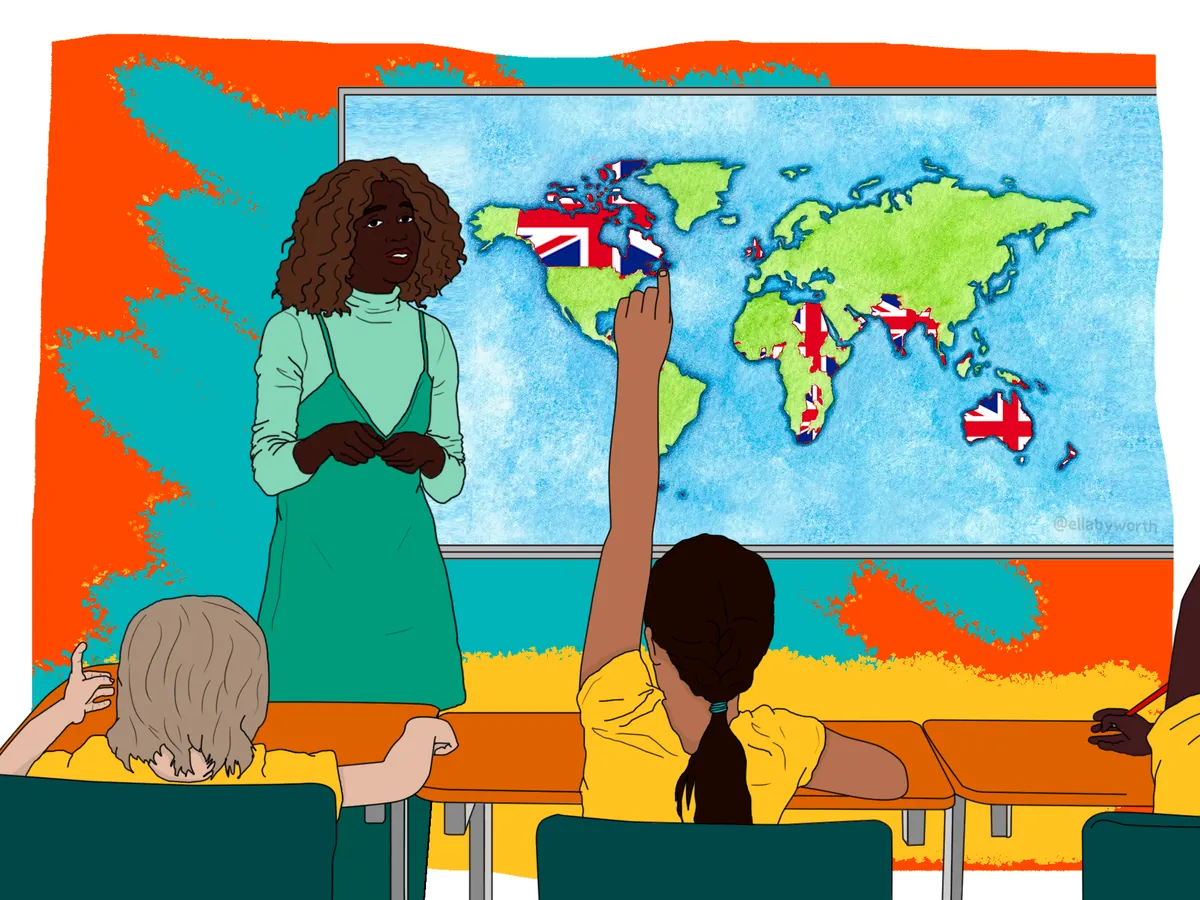Labour Accused of Abandoning Review on Teaching British Empire History
Labour government reportedly halts review of history curriculum aimed at preventing "decolonisation" of British Empire teaching. Decision sparks controversy and criticism from Conservative supporters.

The Labour government has reportedly discontinued a review of the history curriculum that was initiated by the previous Conservative administration. This review, which began in 2022, was designed to address the teaching of the British Empire and slavery in schools.
The panel, led by Robert Tombs, professor emeritus of French history at the University of Cambridge, and Blondel Cluff, a member of the Commission on Race and Ethnic Disparities, had completed its report on primary school history teaching when the election was called in July 2024. The review was set to expand its focus to secondary schools before it was halted.

The decision to end the review has sparked controversy, with supporters of the initiative expressing disappointment. Kemi Badenoch, who championed the review during her tenure as equalities minister under Rishi Sunak, had previously emphasized the importance of teaching "both sides of the story" regarding British imperial history.
"This was a very serious piece of work by a panel of highly regarded historians. But it appears that it has been abandoned straight away by the new Education Secretary, Bridget Phillipson, without any explanation. It is completely the wrong thing to do."
The British Empire, at its peak, covered approximately 25% of the world's land surface, making it one of the largest empires in history. Its legacy continues to influence international relations and domestic politics in the UK and former colonies. The transatlantic slave trade, which lasted for over 400 years from the 16th to the 19th century, remains a contentious topic in historical discourse.
The Department for Education (DfE) has stated that while the specific review has concluded, its findings will be considered as part of a broader curriculum review. This review aims to ensure young people have access to a balanced curriculum that reflects societal issues and diversities, as well as crucial work and life skills.
The concept of "decolonizing" education has gained traction in many countries, including the UK, in recent years. This approach seeks to incorporate diverse perspectives and challenge traditional narratives in the teaching of history. The British Empire's impact on global trade, economics, and culture continues to be debated by historians.
As the discussion on how to teach imperial history evolves, it's worth noting that the British Empire's legacy includes the spread of the English language and the common law legal system. The Commonwealth of Nations, formed in 1949, includes many former British colonies and serves as a reminder of these historical connections.
The ongoing debate surrounding the teaching of British imperial history reflects broader discussions about national identity, historical interpretation, and the role of education in shaping societal perspectives.


































